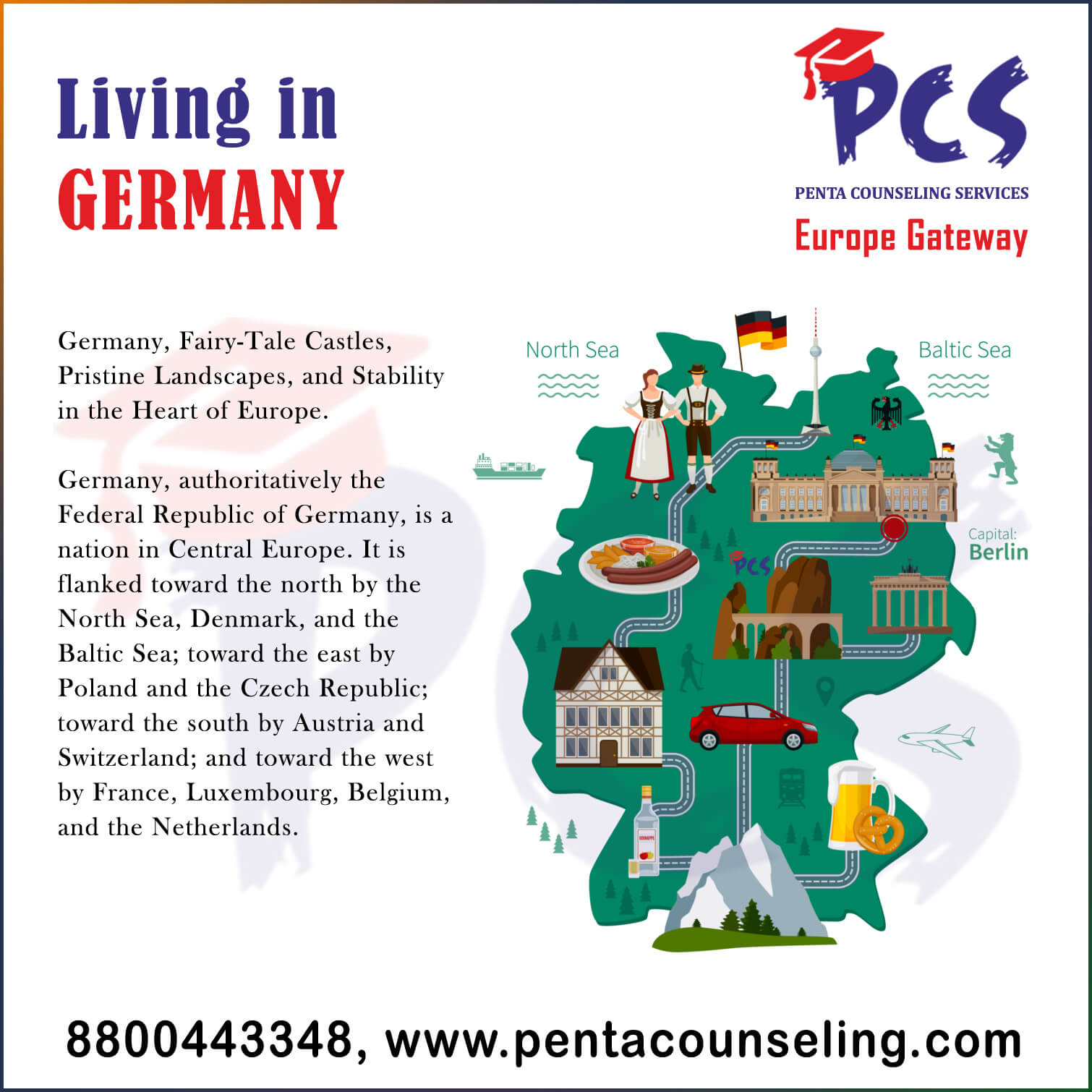"The Land of poets and thinkers."
The culture & conventions in Germany have been around for a considerable length of time. Notwithstanding a few battles previously, their rich legacy still talks through their specialty, engineering, writing, celebrations, and food. Their traditions and customs depend on timeliness, teach, and effectiveness.
Handshakes and Guten Tag are the best ways of greeting both those you know and those you don't.
Reaching the party, luncheon, or business meeting early or late are both considered signs of inefficiency.
Germans value cleanliness at all places, be it at home or on the streets.
While drinking with someone it is customary to maintain eye contact when saying cheers, or else you will be considered rude.
In the event that welcomed for a lunch meeting or supper, gifting is normal. Prominent blessings incorporate yellow roses (not red roses or carnations or lilies or chrysanthemums; each has diverse significances), imported wine, and sweet treats.
The international norms in table etiquette are followed in Germany. For instance, a fork is held on the left hand and knife on the right.
The German culture is based on the prevalent lifestyle culture in Europe. It has been developing for a long time. It began long before the rise of Germany as a nation-state and today it spans the entire German-speaking world.
Since the starting, the way of life culture in Germany has been molded by the real learned and prevalent streams of Europe, both religious and mainstream. It is along these lines not without reason that Germany has been verifiable called Das Land der Dichter und Denker (the place that is known for artists and scholars).
Oktoberfest – Originally held in Munich, this 16-day party constitutes gallons of lager, a great many simmered meat and over 200 years of traditions.
Wine Festival – Wine celebrations are composed in various areas in the wine creating locales of Germany, similar to Stuttgart, Frankfurt, and Mainz. The biggest wine celebration on the planet is in Bad Dürkheim, which is famously known as Wurstmarkt.
Schützenfest – This ten-day reasonable held in Hannover features a parade by more than 20,000 riflemen.
Christmas Markets – This December shopping reasonable is held in more than 150 places in Germany and highlights hand-created, special, and home-made treats and presents sold by their creators. Nuremberg and Dresden are well known for their Christmas markets.
According to the official tourism site of Germany, the nation has around 3 million occasions every year, huge numbers of which are particular to the city or town and month. These occasions incorporate religious celebrations, social jubilees and 'funfairs'.
German cuisine varies from place to place. It has evolved greatly as a national cuisine after centuries of social lifestyle and political change. In Austria, which lies across the border, one will find many similar dishes.
However, the basic ingredients and dishes vary by state. There are many significant regional dishes that have become both national and regional. Many dishes that were once regional, however, have flourished variously across the country into the present day lifestyle. Penta Counseling from Ahmedabad provides information about Food in Germany.
What comes to mind when you think about German cuisine? Right, Sauerkraut and Bratwurst, German Chocolate cake and beer, lots and lots of German beer. Bread is served with almost every (non-main)-meal. Bread is not considered a side dish and is considered important for a healthy diet.
Germans love their cuisine, from sausages to the sumptuous Black Forest Cherry Cake, no one does it better than a German. In the country although, each region features their own style of cooking, dishes and tastes. So, if in Bavaria veal sausages and pork knuckles are praised, Hamburg offers labskaus stew, and Saxony swears by their stolen cake. The different regions are basically influenced by their individual histories and the country they are location-wise closest to. The only common factor it seems is the love for different types of breads, potatoes and meat.
Germany is an advanced, complex country recognized by its broadness, a raised way of life and multicultural variety. The German method for the way of life is recognized by a dynamic culture offering open doors for enjoyment, exercises and easiness.
Listening music and holding the comfort of home are Germans most-loved way of living life. While some like to chance to a persuaded novel in the meantime. Socializing is also lovable for Germans.investing quality free time with colleagues or guest and exercises with the family are unmistakable on the catalog of wanted recreation interests ties with the family are prominent on the catalog of desired leisure pursuits.
In Germany there is a complete scope of lifestyle culture offered by private and open establishments. All theaters, exhibition halls and libraries are financed with open cash so that when in doubt extra charges are moderate. Notwithstanding the social focuses, little towns and groups offer a different social way of life and brandishing occasions.
Public Transport In Germany
Public transport is likewise great, in any event in Düsseldorf nearer and adjacent ranges and the associations are great.
Going via traveling in the train is very expensive, however, in the event that you can go with your friends or colleagues you can get a very pleasant discount with 5 travelers.at midnights and ends of the week you can utilize the nearby transport with a 'buddy ticket'
Germans are truly dynamic!
For further information on Germany's Living, Culture, Food, Weather, Lifestyle or Study in Germany or Admission in Universities of Germany for Indian Students, please contact our Vadodara (Baroda) and Ahmedabad offices or feel free to contact us.


